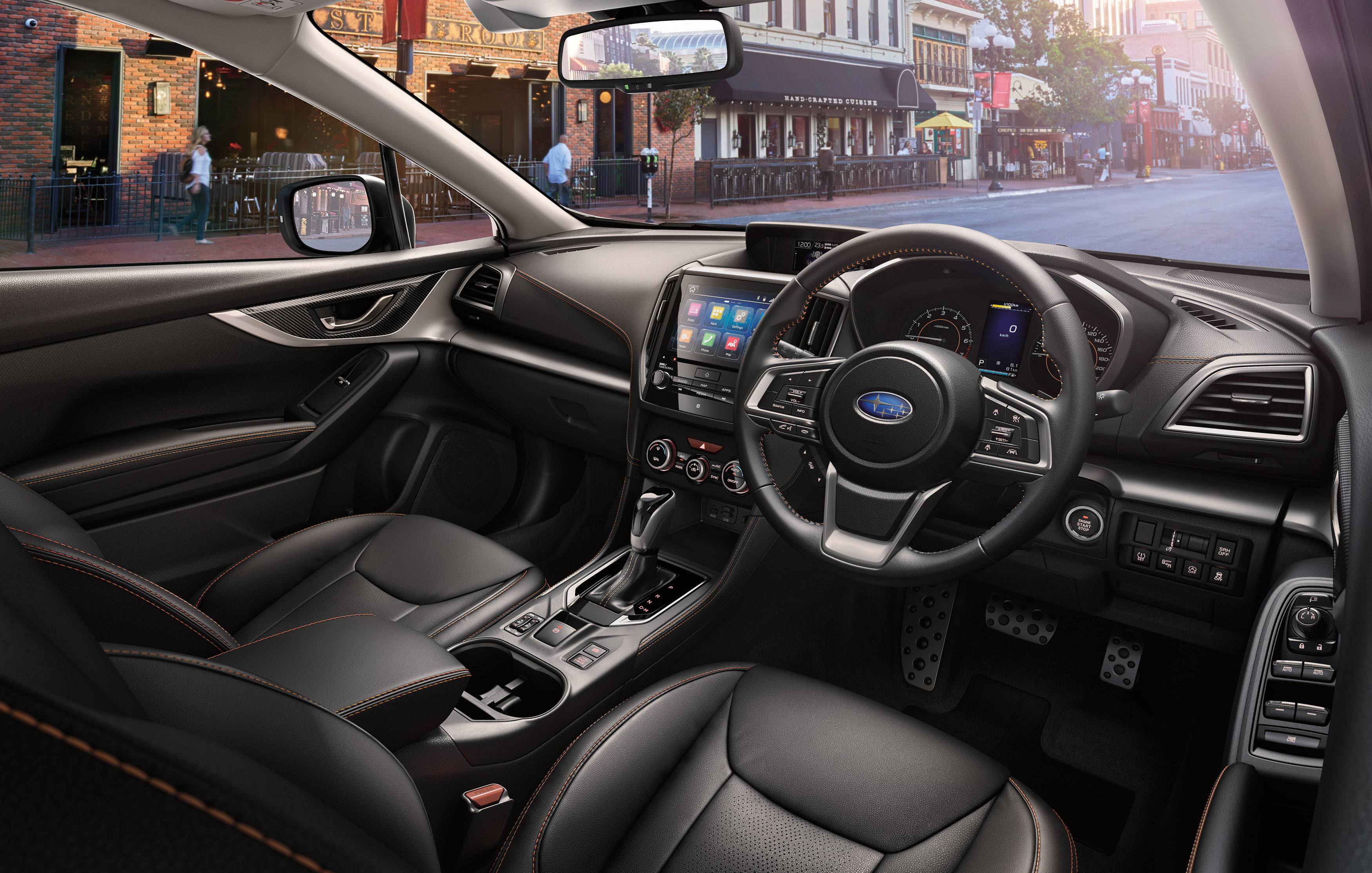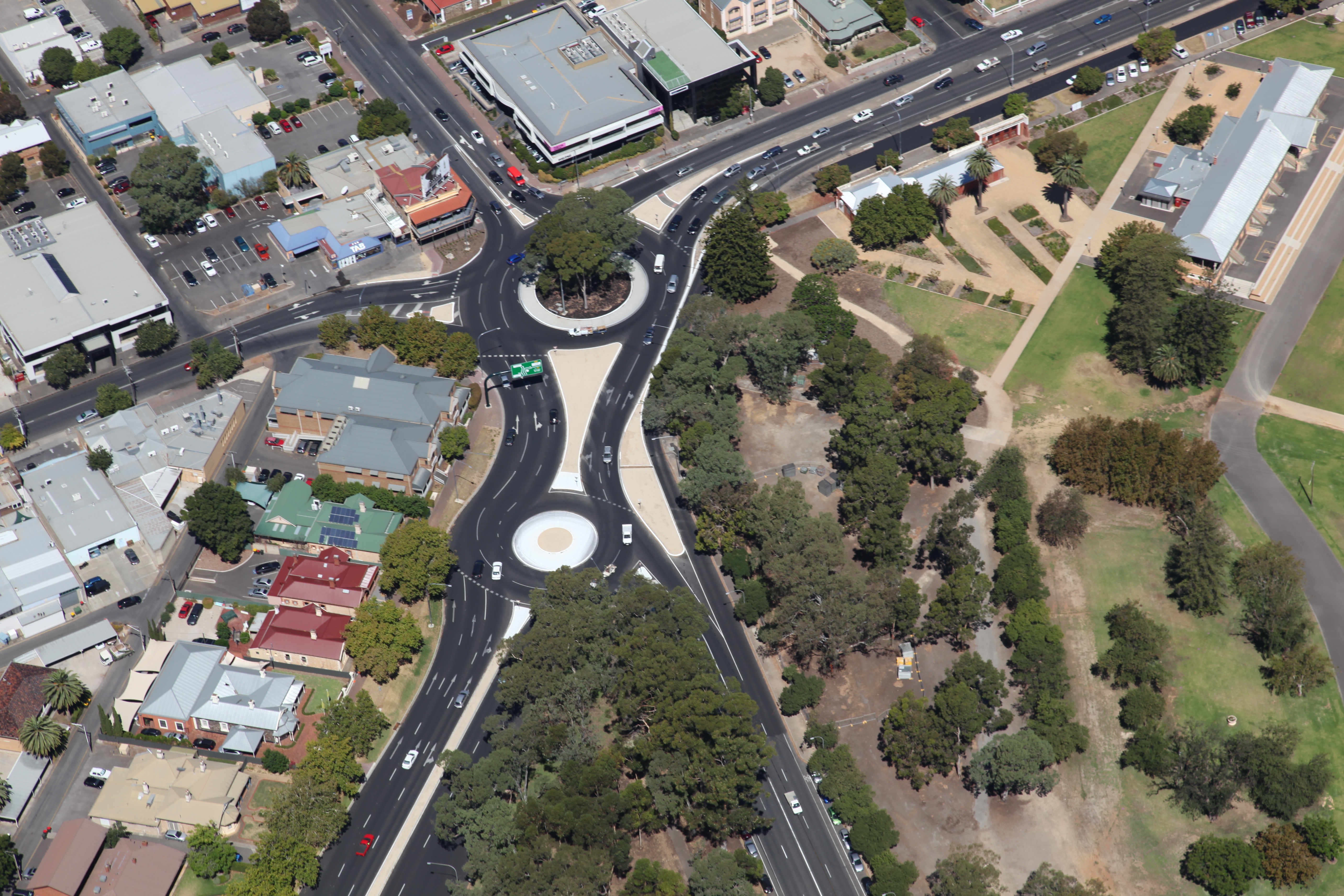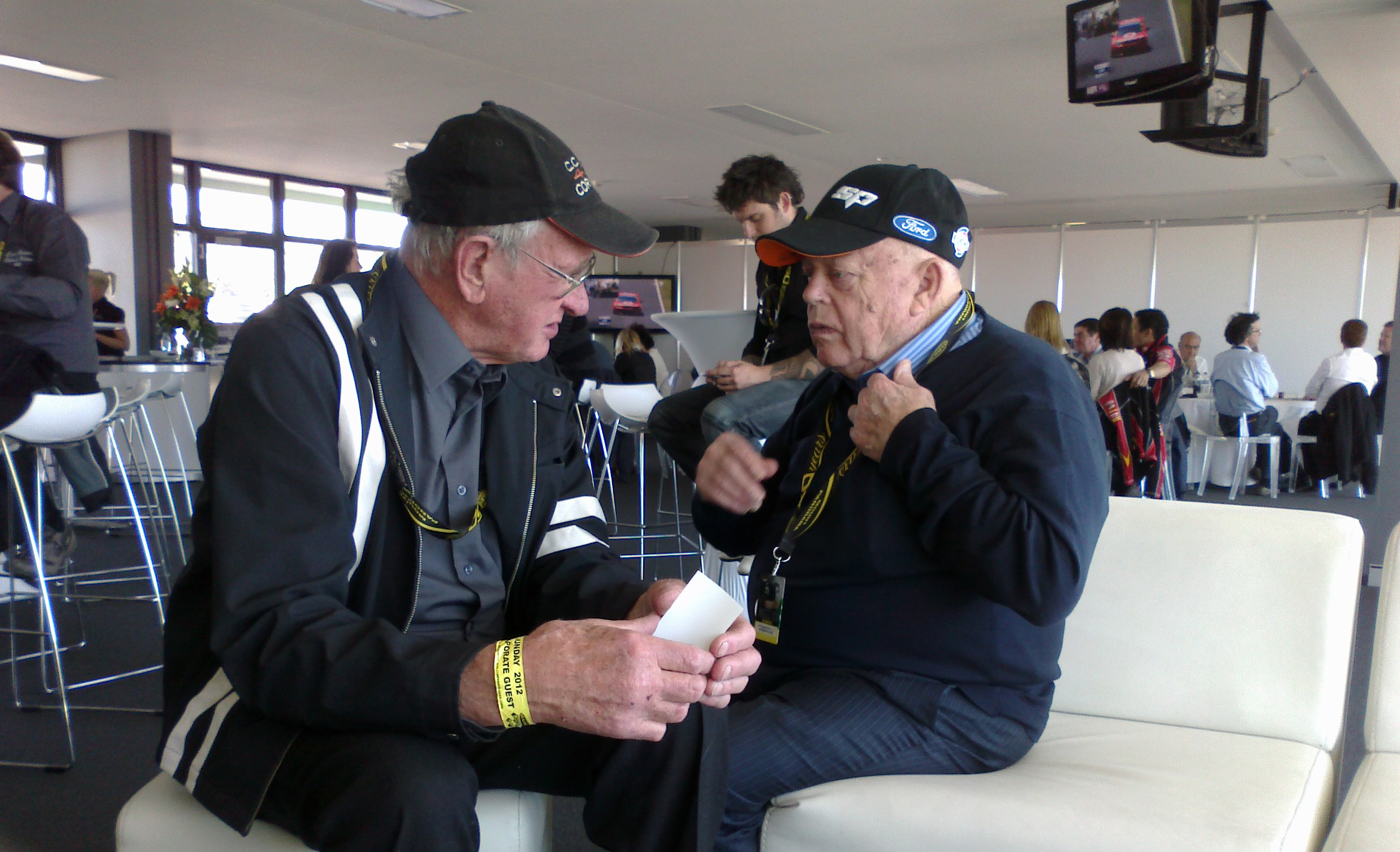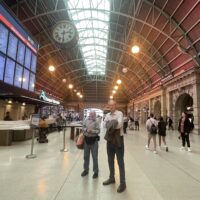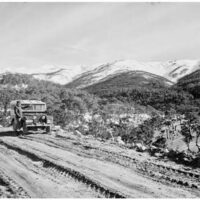How the transport industry must cope with the coronavirus is often seen in very one-dimensional steps: Travel less; keep your distance. But there are many factors that interplay in the services we provide and the way the public uses them. It might seem simple, until there is a catastrophe.
But if we are forced into looking at traffic and transport issues for this event what can it teach us about how we manage in the “typical” situation?
We spoke to Wendy Adam who has a long career in transport, planning, and management and has given much to the industry, including being AITPM branch president in New South Wales and Queensland.
Key Points for the interview
What can we learn from past events?
- “Like all sort of logistics exercises, that supply chain of work can be extremely important. For example, when I was working at State Transit quite a few years ago, where we had the biggest bushfire threat to Sydney. And at that stage, the government used the transport as a logistic exercise to get firefighters to rest and relieve troops and things like that”.
We often develop solutions that balance conditions out in the end, which work until some significant changes occur.
- Bus drivers are typically paid low wages during the normal week but they make it up by doing overtime for big events on the weekend. Now those big events are not being held, drivers are left in a difficult situation.
Do we consider the benefits of coping with new situations in project evaluation?
- There are many advantages of the Opal Card (in NSW, or the Myki card in Victoria) especially now that we do not want to have cash transactions because of the spread of disease. This was not considered when they were implemented but are now a great benefit.
- Opal card also makes it much easier for drivers to clock in and out each day. More time to sanitise the vehicle?
What can we learn from the short-term solutions to the pandemic?
- If we look at queuing in order to keep spatial distance we might learn things about efficiency and management. Often, at the moment, it is a free for all.
- Requiring only one person per seat on a bus emphasises that it is not only important to have a bus timetabled to arrive but also to have information about availability of seats. We are still not given available capacity information. On trains this might include which carriages have seats because we often fill up the middle carriages rather than the far ends of the trains.
Freight issues
- Wendy had heard a story that some people were now following large trucks to shopping centres in the hope of being the first in line to get the toilet paper and hand sanitisers that the trucks they were probably delivering!
- Time of day restrictions on truck deliveries are likely to be relaxed. The industry would be happy to travel in non-peak times although this raises issues of noise to communities. (One thing this might push us to is electric or hybrid trucks!). This could also lead to more pop-up distribution centres where the final part of the trip to deliver to shops is not done by a big truck.
- Parcel and goods deliveries to your home: We might learn from the situation in America where companies such as UPS do very large business and have committed a lot of resources to determining how to do so in a most efficient manner.
Does it take a catastrophe to bring about big changes?
- Wendy said “We are all guilty of complacency and that’s actually rational. If the situation doesn’t change why should we? But this has created an opportunity for a lot of these things to happen”.
- Will the pandemic help us address change? ”I think that it will help a lot. I’ve heard people with a certain amount of panic and precautionary principle saying we need to shut this down; we need to do this because I don’t need this service. But getting the pushback and hearing why this is still important to people and getting people to defend and say, no, we can do this better, teaches us all a lot of lessons. That sort of re-examination, I hope people will take forward because some of what we learned there will be very instructive for better operations in the future”.

